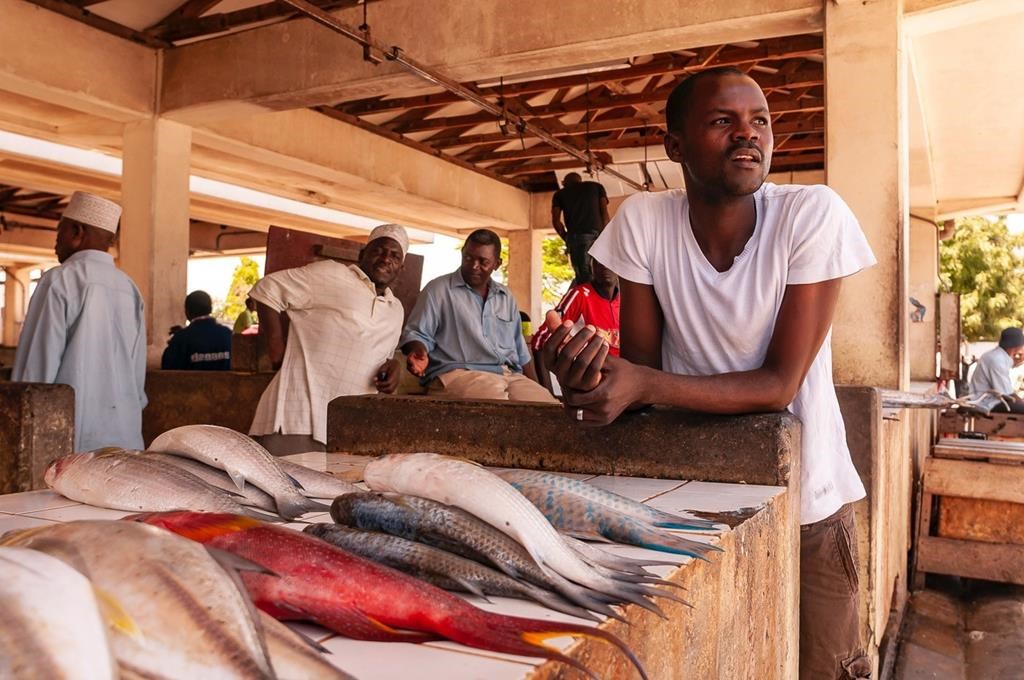New research says providing millions of people in poor nations access to the fish off their own coasts could reduce malnutrition caused by lack of such nutrients as iron, zinc and calcium.

The study published in Nature Wednesday by researchers in the United Kingdom, the United States and at Halifax’s Dalhousie University says children under five could see major health improvements if just a portion of the fish caught off their coasts was diverted to them.
READ MORE: Over 43 per cent of North Koreans are malnourished: UN report
Aaron MacNeil, an associate professor in the biology department at Dalhousie University, developed a model to predict the likely nutrient composition of fish species in 43 nations for seven key nutrients.
The research team he worked with found that fish caught in the fishing zones along the coasts of such African nations as Namibia and Mauritania is often exported or controlled by foreign nations.
“There is sufficient micronutrients available right now to deal with a huge problem of health and micronutrient deficiency in the world,” MacNeil said in an interview on Tuesday.
He says if the fish were consumed locally, rather than shipped overseas, it would shift nutrients such as Omega 3 fatty acids into the diets of local people: “Fish solve the micronutrient deficiency that plague so many people around the world.”
READ MORE: The 41 most nutrient-dense fruits and vegetables
The study estimates that nine per cent of the fish – including mackerel, pilchards, hake and tuna – caught by Namibia would be equivalent to the dietary iron requirements for its entire coastal population of about 250,000 people.
MacNeil noted that in Mauritanian waters, catches are mostly small pelagics including sardines and mackerels, which could be a key source of nutrients for 1.8 million people. However, the data reviewed by the group indicated that 70 per cent of that nation’s fish is currently caught by foreign fleets.
The international team of researchers, led by Lancaster University, collected data on the concentration of seven nutrients in 367 species of fish.
- Train goes up in flames while rolling through London, Ont. Here’s what we know
- Budget 2024 failed to spark ‘political reboot’ for Liberals, polling suggests
- Wrong remains sent to ‘exhausted’ Canadian family after death on Cuba vacation
- Peel police chief met Sri Lankan officer a court says ‘participated’ in torture



Comments